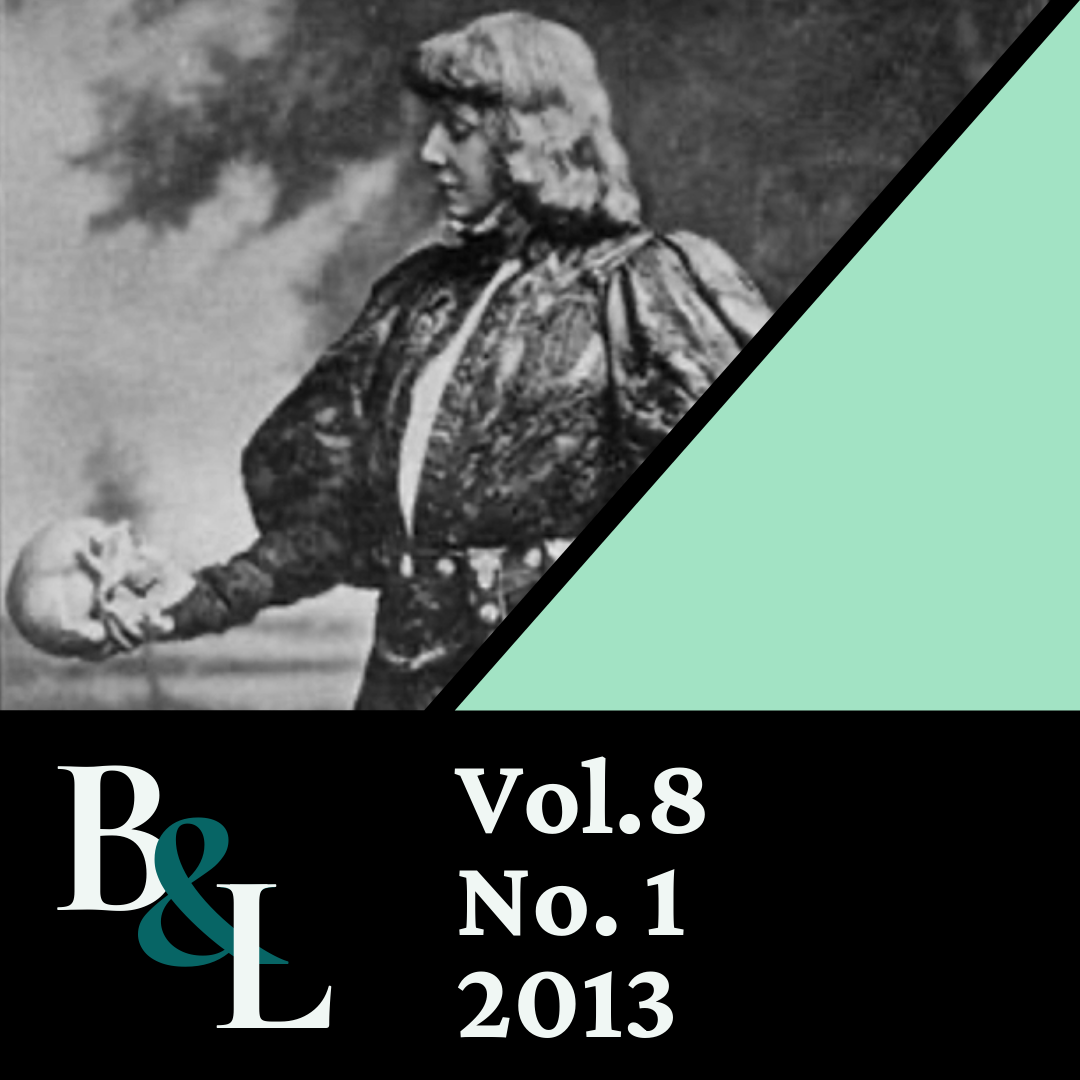Shakespeare, King of What? Gender, Nineteenth-Century Patriotism, and the Case of Poet-lore
Keywords:
19th Century, Feminism, PublishingAbstract
This essay contextualizes Thomas Carlyle's "King Shakespeare" in the context of women's nineteenth-century patriotism and the journal Poet-lore, which was co-founded by Charlotte Porter, the editor of Shakespeariana. Lootens uncovers the ways in which a "cosmopolitan, feminist" Shakespeare emerges in the nineteenth century through female editorships and women's reading circles, often in opposition to the imperialistic, English Shakespeare championed by Carlyle. American women's reading circles explicitly connected female education with active citizenship, idealizing the Shakespearean heroine as a "New Woman" as they did so. Poet-Lore's 1896 section on new readings of The Taming of the Shrew is exemplary in this regard, attempting to recuperate Katharina's final speech as an expression of ethical and personal reform. The essay concludes by observing that although Poet-Lore's racial politics can oppose white American civic womanhood to "foreign, ignorant voters controlled by demagogues," it nonetheless engages Porter's own assertion that a cosmopolitan or multicultural influence was not only desirable but also necessary for the full development of American civilization.


